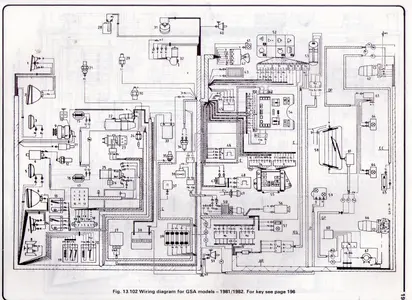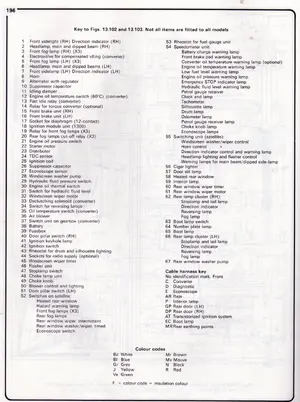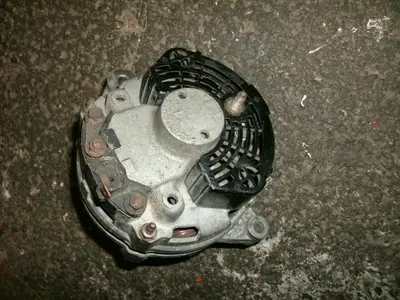Meistersinger
Well-Known Member
I think my '93 Honda Accord is possessed. A while back it had a thing going on where it would all of a sudden be out of brake fluid. I'd add more, and check it regularly...stays constant...and then went out again. The mechanics could find no leaks. This problem stopped several months ago, and has been replaced by the exact same thing happening with the oil. I'm taking it in next week (I have the week off from school) and if they can't find a leak, that's it; I'm returning to the Catholic faith and calling in a priest for an exorcism.
That sounds like the brake master cylinder. I'd start by having that inspected and replaced, if necessary.



